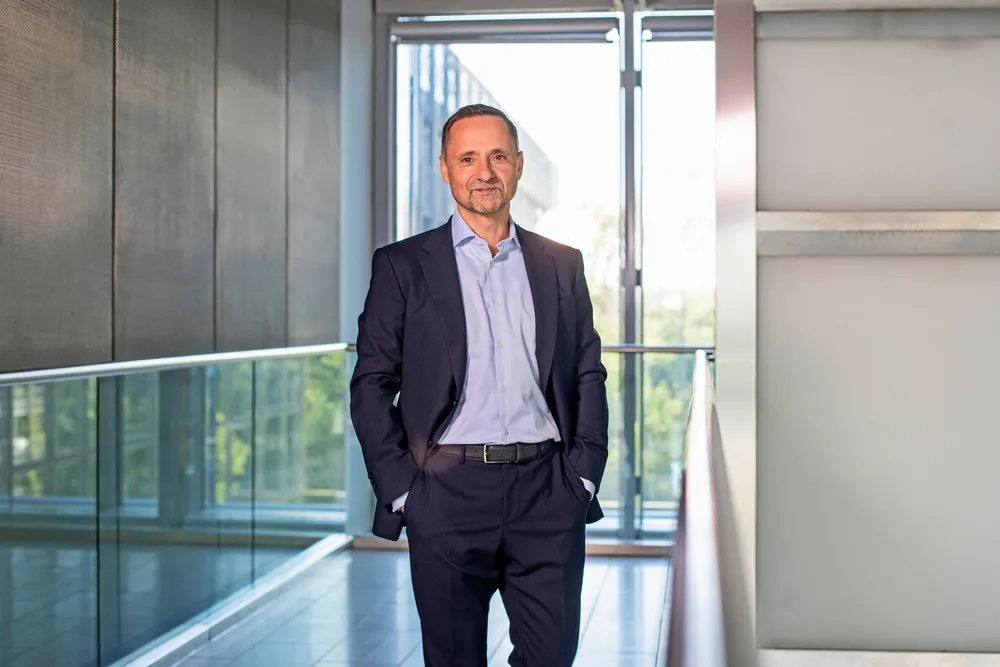EnBW demands 'stable conditions' for $11bn investment boost
New energy minister last week called for 'reality check' of Energiewende but it is unclear whether wind or solar targets will be cut

EnBW’s chief financial officer demanded “clarity and stable enabling conditions” from the new German government in order to embark on a capital increase that would allow the utility to finance investments of up to €10bn ($11.12bn) by 2030.
“In the first quarter of 2025, we resolutely continued our investment drive to decarbonise the energy system,” CFO Thomas Kusterer said when presenting first quarter results.
“Most of this investment went into offshore wind farms, our fuel switch projects, such as the recently commissioned hydrogen-ready gas-fired power plant in Stuttgart-Münster, and grid expansion.
“However, the high level of investment needed for a sustainable energy infrastructure cannot be met out of operating income or borrowing alone.”
The company’s annual shareholder meeting last week therefore approved the creation of €177m in so-called ‘authorised capital’, which paves the way for a potential capital increase of around €3bn.
On that basis, EnBW would be able to strengthen its equity base and thus finance additional investment needs of up to €10bn by 2030, while maintaining a balanced and diversified portfolio, Kusterer said.
But the transformation of the company must be dimensioned to match demand and be implemented efficiently, Kusterer stressed.
“For the transformation of the energy system to succeed, we urgently need clarity and stable enabling conditions from the new German government,” he added.
Katharina Reiche, a conservative from Chancellor Friedrich Merz's CDU, when being sworn in as Germany’s new economics and energy minister last week, announced a "reality check" for the Energiewende (energy transition), aimed at bringing down power and grid expansion costs.
It wasn’t clear so far, however, whether Reiche’s reality check would also include cuts to Germany’s ambitious wind and solar power targets.
Renewables account for about 60% of EnBW’s generation capacity, a share the utility aims to boost to 75-80% by 2030. The company currently has some 1.7GW of green power under construction, and during the first quarter invested around €1.5bn gross.
Its adjusted earnings before interest, taxes, depreciation and amortisation (Ebitda) in renewables fell 9% during the quarter from a year earlier to €303m.
This was mainly due to unfavourable weather conditions, the company said. Offshore wind conditions were very weak across Germany in the first three months of the year, compared to both the long-term average and the same period last year. This was only partially offset by higher revenue from pumped storage and run-of-river power plants.
EnBW’s overall adjusted Ebitda rose by 4.9% to €1.41bn, while its net profit fell by 31% to €554m, mostly on the heels of a lower financial result, mainly due to the lower market valuation of securities compared to the previous year, the company said.
(Copyright)